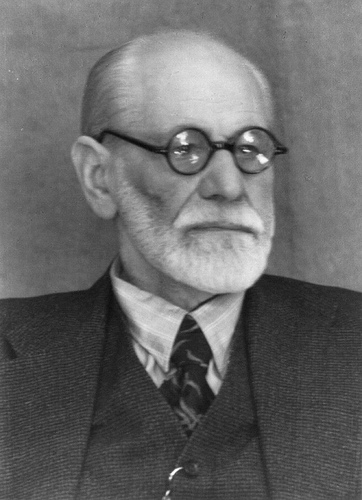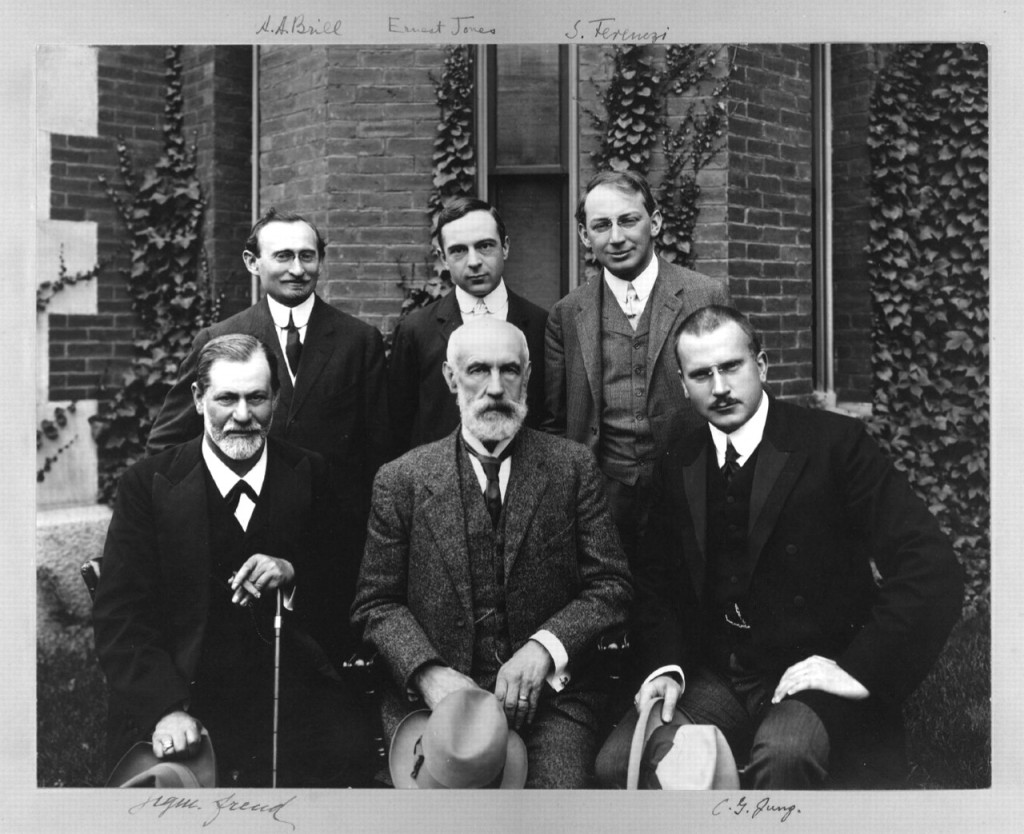Sigmund Freud and B.F. Skinner were two influential figures in the field of psychology who developed theories that continue to shape our understanding of the human mind and behavior. While both men made significant contributions to the field, their approaches and theories differed significantly.
Freud was a pioneer of psychoanalysis, a method of psychological treatment that involves helping individuals understand and resolve unconscious conflicts through techniques such as free association and dream analysis. Freud believed that human behavior is driven by unconscious desires and conflicts, and that these can be revealed through the analysis of dreams, slips of the tongue, and other forms of symbolic expression.
In contrast, Skinner was a proponent of behaviorism, a psychological approach that focuses on the study of observable behavior and the role of environmental stimuli in shaping it. According to Skinner, behavior is not motivated by unconscious desires, but rather by reinforcement and punishment. He believed that behavior can be modified through the use of rewards and punishments, and that this can be used to shape and control behavior.
One key difference between Freud and Skinner is their view of the role of the unconscious in shaping behavior. Freud believed that the unconscious mind plays a central role in determining behavior, while Skinner saw the unconscious as largely irrelevant. Another difference is their approach to understanding and changing behavior. Freud used introspection and self-analysis to understand and modify behavior, while Skinner focused on the use of rewards and punishments to shape behavior.
Despite these differences, both Freud and Skinner made important contributions to the field of psychology. Freud's ideas about the unconscious mind and the role of psychological conflict have had a lasting impact on our understanding of the human psyche, and his theories have influenced many other fields, including literature, art, and popular culture. Skinner's work on behaviorism has had a major impact on fields such as education and psychology, and his ideas about reinforcement and punishment have been widely applied in the fields of psychology and education.
Overall, while Freud and Skinner had different approaches and theories, they both made significant contributions to our understanding of the human mind and behavior. Their work continues to influence the way we think about and study psychology today.
Sigmund Freud and B.F. Skinner are two of the most influential figures in the field of psychology, and their theories have had a significant impact on our understanding of human behavior. Despite their many differences, both Freud and Skinner made important contributions to the field and continue to be studied and debated by psychologists today.
Freud was a pioneer of psychoanalysis, a method of treatment and theory of the human psyche that emphasizes the role of unconscious processes in shaping behavior. According to Freud, the unconscious mind is a powerful force that drives behavior and is responsible for many of the thoughts, feelings, and behaviors that we experience. He believed that conflicts and repressed desires within the unconscious mind could lead to psychological disorders and that these could be resolved through a process of self-analysis and exploration.
Skinner, on the other hand, was a proponent of behaviorism, a theory that focuses on the role of reinforcement and punishment in shaping behavior. According to Skinner, behavior is determined by its consequences and can be changed through the use of positive and negative reinforcement. He believed that all behavior is learned and that the environment plays a key role in shaping behavior.
One major difference between Freud and Skinner is their approach to understanding the mind and behavior. Freud's theory is based on the idea of an inner psychological landscape, while Skinner's theory is based on the idea of observable behavior. Freud's theory is also more concerned with the individual and their subjective experiences, while Skinner's theory is more focused on the external factors that shape behavior.
Another difference between the two theories is their approach to treatment. Freud's approach to treatment, known as psychoanalysis, involves helping the patient explore their unconscious thoughts and feelings through techniques such as free association and dream analysis. Skinner's approach, on the other hand, involves the use of reinforcement and punishment to shape behavior.
Despite their differences, both Freud and Skinner made important contributions to the field of psychology. Freud's theories on the unconscious mind and the role of conflict in shaping behavior have had a significant impact on our understanding of the human psyche. Skinner's theories on reinforcement and punishment have had a significant impact on the way we think about learning and behavior.
In conclusion, Freud and Skinner are two of the most influential figures in the field of psychology, and their theories have had a lasting impact on our understanding of human behavior. While their approaches and theories differ, both made important contributions to the field and continue to be studied and debated by psychologists today.
:max_bytes(150000):strip_icc()/personality-psychology-study-guide-2795699_final-49889dfa10424121bfee8cef9ebb3e92.png)






